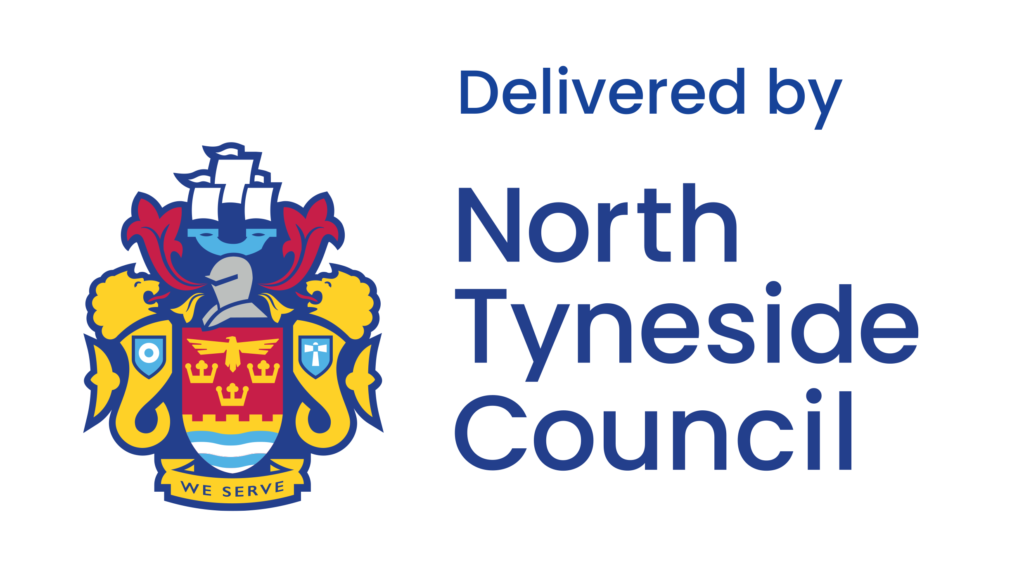Youth Worker
A youth worker plays a crucial role in the lives of many thousands of young people. They bring fun, a sense of structure and a whole host of new opportunities to the people they work with, broadening their horizons, boosting their social skills and giving them a place to simply be themselves.
Day-to-day activities
What you’ll do:
- To provide support to young people, some of whom may have additional learning, social, emotional or behavioural needs, or be at risk of exploitation.
- To promote the well-being, safety, and social development of young people through informal learning and recreational support.
- Youth work roles may involve working into community centres, outreach work, or supported housing.
- Work with other professionals, like social workers, teachers, probation officers and the police.
- Support their physical and mental well-being through activities.

Requirements for the role
Skills
What you’ll need:
- Excellent communication skills, with the ability to connect with young people, colleagues and families.
- Creativity in designing engaging and developmentally appropriate activities.
- Organisational skills to create engaging events and activities.
- Crisis intervention and problem-solving skills.
- Literacy skills to maintain accurate records.
- An enhanced DBS (Disclosure and Barring Service) check would be required.
Qualifications
What you might need:
- Level 2 Certificate in Youth Work Practice
- 2 to 3 A levels, or equivalent, for a degree.
- You can do a professional youth work qualification, which is a degree recognised by the National Youth Agency.
- A postgraduate qualification giving you professional youth worker status.
Training & Progression
Progression:
- Level 3 Certificate / Diploma in Youth Work Practice.
- Degree apprenticeships.
- Access to specialised training and workshops including trauma-informed care, mental health support and youth engagement techniques.
- Become a team leader, project co-coordinator or service manager.
- Move into a related career and become a social worker, community development worker or counsellor.
You will gain experience of engaging with young people with a variety of needs, some of whom may be experiencing multiple risks and exclusions.
You will gain knowledge of safeguarding, informal education, risk assessment, events and project management.
View our career pathways tool to help guide you with your future in social care.
Browse our learning opportunities page to help get the support you are looking for.

